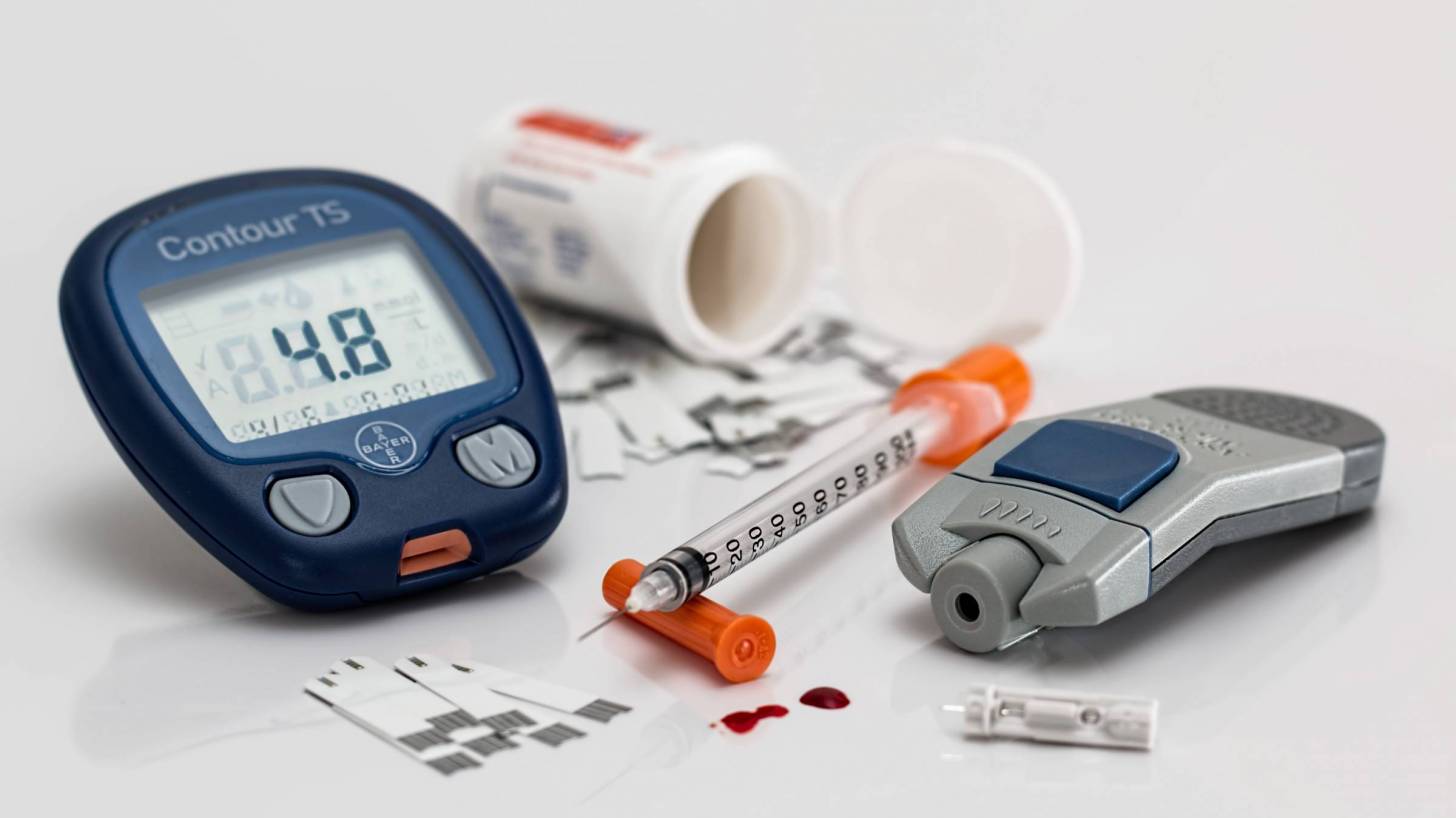Can COVID-19 Lead to Diabetes

New studies have identified another troubling connection along with pneumonia, blood clots, and other serious concerns caused by the SARS-CoV-2 coronavirus.
Some people can develop diabetes after an acute COVID-19 infection, wrote Dr. Francis Collins, the 16th Director of the U.S. National Institutes of Health (NIH).
Two new NIH-supported studies, now available as pre-proofs in the journal Cell Metabolism, confirm that SARS-CoV-2 can target and impair the body’s insulin-producing cells.
Type 1 diabetes occurs when beta cells in the pancreas don’t secrete enough insulin to allow the body to metabolize food optimally after a meal. As a result of this insulin insufficiency, blood glucose levels go up, the hallmark of diabetes, continued Dr. Collins’s blog, which is excerpted below.
The latest research builds on earlier studies to discover more about the connection between COVID-19 and diabetes.
Earlier lab studies had suggested that SARS-CoV-2 can infect human beta cells. They also showed that this dangerous virus could replicate in these insulin-producing beta cells to make more copies of itself and spread to other cells.
The work involved two independent NIH-funded teams. Both studies confirmed infection of pancreatic beta cells in autopsy samples from people who died of COVID-19.
This also makes biological sense.
Beta cells and other cell types in the pancreas express the ACE2 receptor protein, the TMPRSS2 enzyme protein, and neuropilin 1 (NRP1), all of which SARS-CoV-2 depends upon to enter and infect human cells.
The new findings also show that coronavirus infections change the function of islets—the pancreatic tissue that contains beta cells.
Researchers report evidence that infection with SARS-CoV-2 leads to reduced production and release of insulin from pancreatic islet tissue. One team also found that the infection leads directly to the death of some of those all-important beta cells. Encouragingly, they showed this could be avoided by blocking NRP1.
In addition to the loss of beta cells, the infection also appears to change the fate of the surviving cells.
These studies showed that beta cells go through a transdifferentiation process, in which they appeared to get reprogrammed.
In this process, the cells begin producing less insulin and more glucagon, a hormone that encourages glycogen in the liver to be broken down into glucose. They also began producing higher levels of a digestive enzyme called trypsin.
Importantly, they also showed that this transdifferentiation process could be reversed by a chemical (called trans-ISRIB) known to reduce a significant cellular response to stress.
The consequences of this transdifferentiation of beta cells aren’t yet clear but would be predicted to worsen insulin deficiency and raise blood glucose levels. More study is needed to understand how SARS-CoV-2 reaches the pancreas and the role of the immune system in the resulting damage.
Above all, this work provides yet another reminder of the importance of protecting yourself, your family members, and your community from COVID-19 by getting vaccinated if you haven’t already—and encouraging your loved ones to do the same, concluded Dr. Collins remarks.
Appointed the 16th Director of NIH by President Barack Obama and confirmed by the Senate, Dr. Collins was sworn in on August 17, 2009.
CoronavirusToday publishes research-based COVID-19 pandemic news.
Our Trust Standards: Medical Advisory Committee
























